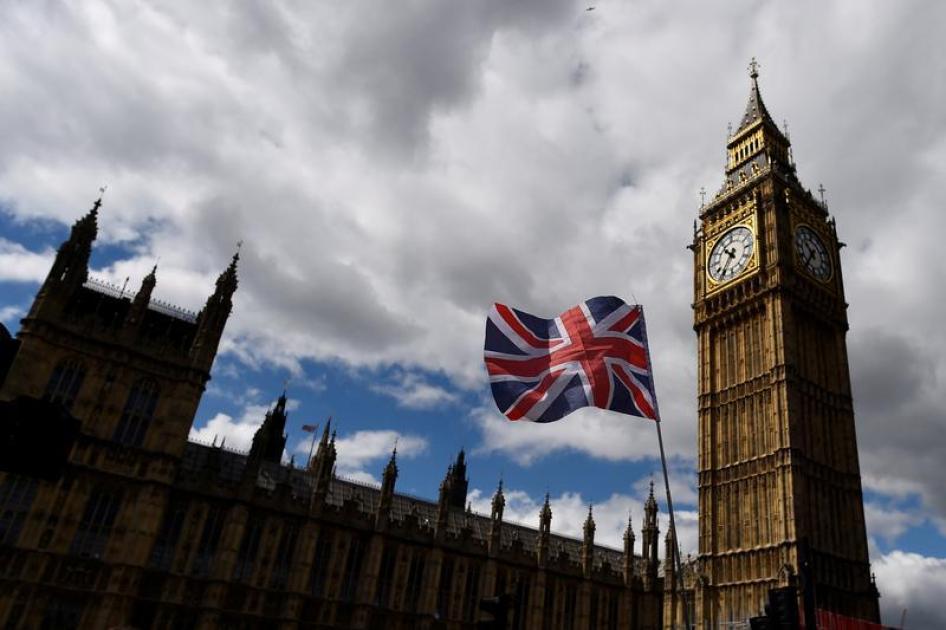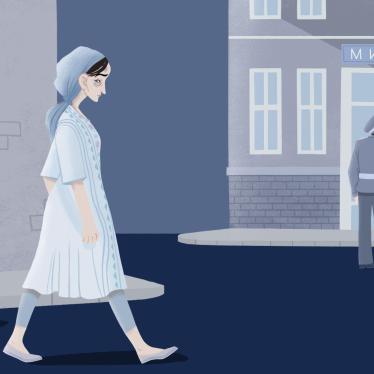This week Pauline Latham, a Conservative MP, introduced a bill to ban marriage before the age of 18 in England and Wales. She has support from across the political spectrum for an effort that is long overdue. In England, Wales, and Northern Ireland, children aged 16 and 17 can marry with their parents’ permission. In Scotland, the minimum age of marriage is 16, with no parental permission required.
In allowing some children to marry the UK is out of step with the international standards it claims to support. The UN Committee on the Rights of the Child supports a global minimum of 18 years for marriage, without exceptions, and recommended in 2016 that the UK raises the minimum marriage age to 18, including in its overseas territories.
Why? Because child marriage is deeply harmful: its deprives girls of education, exposes them and their babies to serious health risks from early pregnancy, sinks their families deeper into poverty, and raises the risk that they will face domestic violence. Under the UN Sustainable Development Goals (SDGs), countries around the world, including the UK, pledged to end all marriage before 18 by 2030. They have their work cut out: around the world today, a girl under 18 marries every two seconds.
In 2014, the UK government hosted the high-profile Girl Summit, designed to boost – and pledging UK leadership for – global efforts to end child marriage and female genital mutilation. But in the years since, the UK government not only failed to ban child marriage at home – it actually blocked an earlier effort to do so.
Hypocrisy has consequences. In 2017 Bangladesh re-legalized child marriage, and government officials there repeatedly cited the fact that child marriage is legal in the UK as justification. Other countries failing to enforce bans on child marriage have also cited the UK law to defend themselves. When key donors like the UK ignore their own problem at home, the SDG goal seems impossible.
Latham’s is a Private Members Bill, meaning it stands little chance of passing unless the government adopts it. The government should do so, and the authorities in Scotland and Northern Ireland should pass similar legislation. It’s time for Theresa May and her government to recognize that girls around the world need the UK to practice what it preaches.











